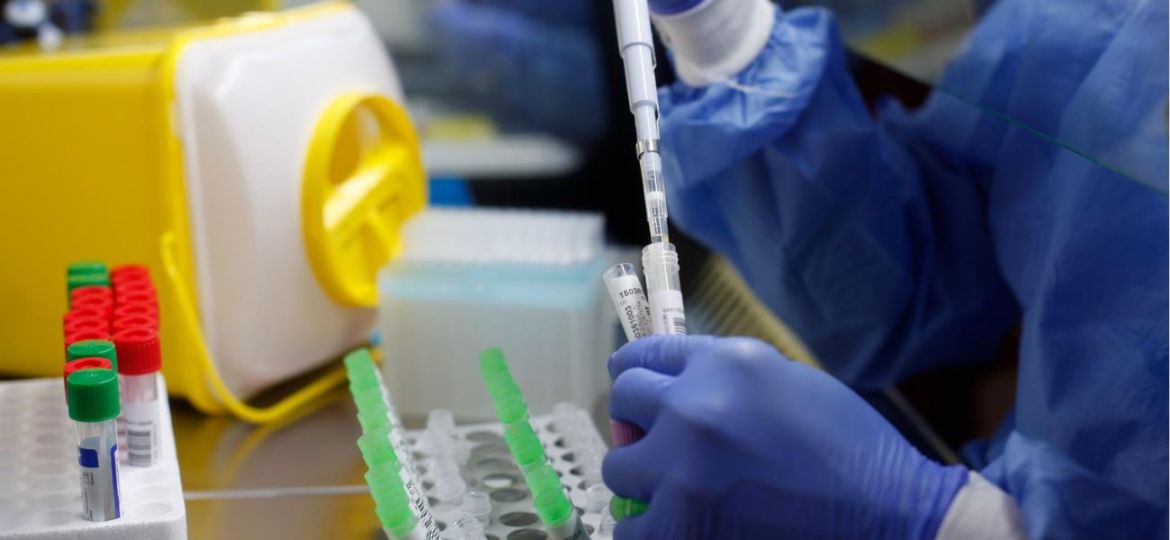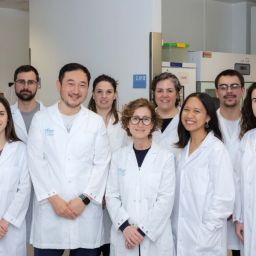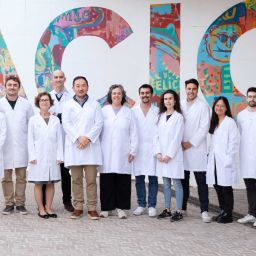
The Vall d’Hebron University Hospital Accredited Health Institute (ISS-IR-HUVH) has been one of those selected for the Fortalece -Salud program of the Carlos III Health Institute. The winning proposal is composed of six research groups, five from Vall d’Hebron Research Institute (VHIR) and one from Vall d’Hebron Institute of Oncology (VHIO) that have coordinated to promote research on health challenges in the fields of cancer, cardiovascular and neurological disorders and rare diseases from childhood to adulthood. In total, 2.4 million euros will be allocated over four years.
Improvement of prevention, diagnosis, prognosis and treatment of chronic non-transmissible pathologies and rare diseases
All the program’s actions are based on the philosophy of Systems Medicine, an ideology that encompasses patient-centered medicine, primary and hospital care, translational research, computational biomedicine, and transfer to clinical practice and impact on society.
The programmed actions will be centered around two coordinated transversal axes to promote research into non-transmittable chronic pathologies and minority diseases. On the one hand, the development of precision medicine through the integration of multiple data from the clinical history, and those obtained from biomedical research, to improve prevention, diagnosis and prognosis prediction and intervention in human diseases.
On the other hand, the development of innovative therapeutic options based on advanced therapies for diseases with high disability and life expectancy burden.
The approach to the different diseases studied will benefit from cutting-edge technologies and frontier science including: computational biomedicine, non-invasive diagnostics, new molecular mechanisms and new therapeutic approaches.
Thanks to this program, research in several areas of the IIS-IR-HUVH will be strengthened, research support will be reinforced with the creation of new structures and the reinforcement of the current ones, it will help to consolidate our international leadership and, finally, it will promote the transfer of the knowledge generated and innovation.
The consolidated VHIR research groups directly involved are: Cardiovascular Diseases; Childhood Cancer and Blood Disorders; Clinical Neuroimmunology; and Clinical Biochemistry, Drug Delivery & Therapy, which has submitted a proposal in collaboration with the Upper Gastrointestinal and Endocrine Tumors Group at VHIO. Two emerging research groups will also participate in the proposal, one from VHIR, the Therapies and Innovation in Neuropediatrics and other pediatric rare diseases group, and another from VHIO, the Computational Biology of Cancer group. Between them, they cover all the thematic areas included in the program and the transversal axes. At the same time, they impact on a wide collaboration network within the ISS-IR-HUVH that ensures the complementarity of knowledge, indirectly benefiting 28 groups from VHIR and 14 from VHIO, 46% and 38% respectively of the total of these research institutes.














